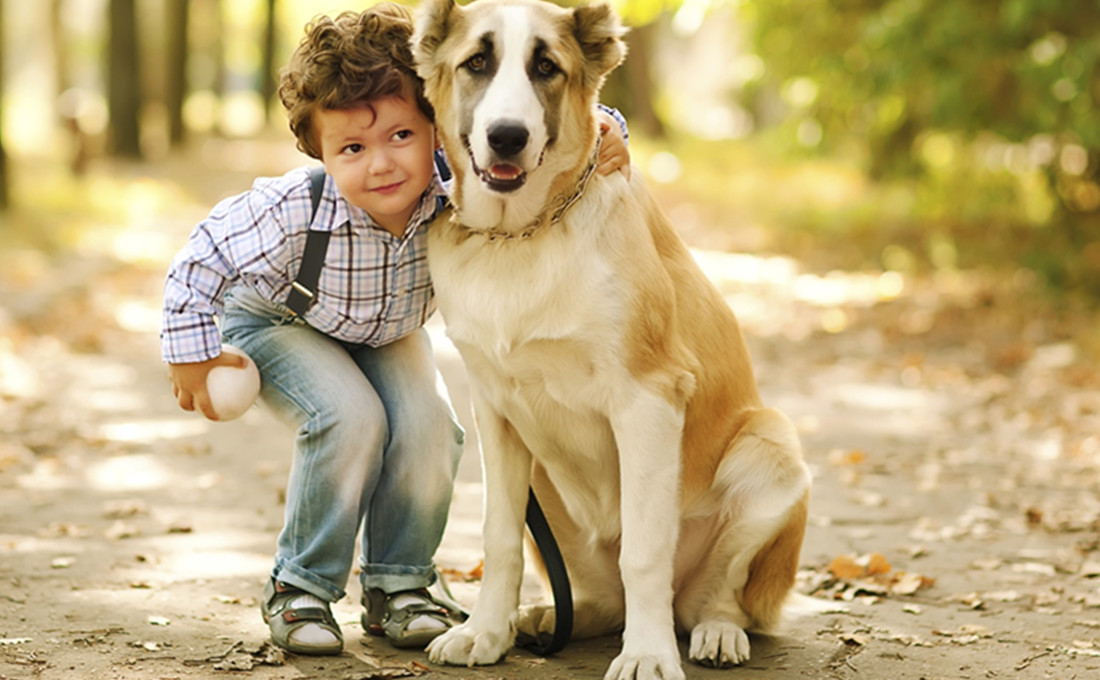Proper health care is the best way to protect your pet from illness and injury. The cost of pet care is a major concern for many families. In fact, according to the American Veterinary Medical Association, more than half of all households with pets have experienced an unexpected medical expense in their lifetime. Many studies have shown that families spend over $500 annually on veterinary services and medications alone. This can be especially challenging when considering how much it costs to take your dog or cat to the vet. The benefits of owning pet insurance include peace of mind knowing that your pet won’t suffer financially due to unforeseen circumstances. You’llYou’ll never worry about whether or not your furry friend will receive quality healthcare. What are the types of pet insurance policies?
Pet Insurance policies
If you consider buying pet insurance, it’s essential to understand what type of coverage you need. There are three main types: medical only, general liability, and indemnity. Each has its benefits and drawbacks.
Medical Only Policies
These plans cover routine veterinary visits, emergency treatment, diagnostic tests, surgery, hospitalization, prescription drugs, boarding fees, and more. They do not pay for non-routine treatments such as acupuncture, chiropractic services, physical therapy, massage therapy, etc. The cost of these procedures may be covered by another policy if they are considered medically necessary.

General Liability Policies
General liability policies provide protection against lawsuits arising out of the insured’s business operations. This includes claims made against the owner or operator of a facility where animals live, work, play, or receive training. These facilities include animal shelters, kennels, groomers, veterinarians, boarding houses, daycare centres, schools, zoos, aquariums, circuses, rodeos, fairgrounds, amusement parks, dog shows, horse shows, parades, carnivals, festivals, and similar events this type of claim would also apply to injuries sustained at home while caring for one’s pet.
Indemnity Policies
An indemnity plan covers all losses incurred due to accidental death, sickness, disease, or injury. It does not require preauthorizations before paying claims. Indemnity policies typically have higher premiums than either medical or general liability policies because they offer more excellent coverage.
conclusion
The Pet insurance policy you choose should cover routine preventive care, emergency treatment and hospitalization if required. If you are looking for a comprehensive policy, look into purchasing from a company that offers 24/7 customer service so that you can get help immediately if there is an issue.





